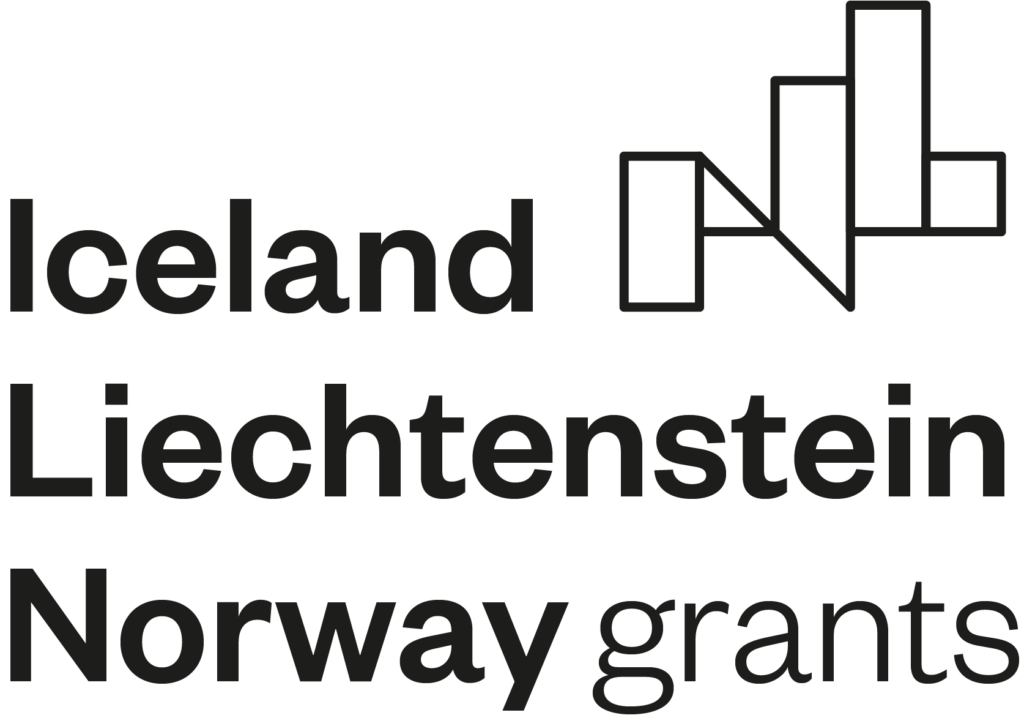PROJECT TITLE
Validation of specific mitophagy biomarkers across Alzheimer’s disease continuum
PROJECT CODE
TO01000215
GRANT
EEA Grants and TA CR
Funding: 32 151 437 CZK
About the project:
The project aims to develop early diagnostic biomarkers of Alzheimer disease (AD) by validating a series of new biomarkers in serum and cerebrospinal fluid (CSF) in participants from the Czech Brain Aging Study (CBAS).This Czech–Norwegian joint project will involve researchers from CBAS – Czech team with a unique clinical cohort and a top Norwegian research team specialized in mitophagy research.
We aim to:
- Determine changes of designated mitophagy proteins in serum and CSF of AD individuals compared to non-AD and cognitively normal controls;
- Determine the relation to demographics, cognitive status and standard AD biomarkers;
- Verify the findings from CBAS on induced pluripotent stem cells and animal models;
- Validate specific mitophagy proteins as early diagnostic marker of AD.
2021
Accumulation of ‘garbage’ in the brain is a cause of memory loss in Alzheimer’s disease (AD) while restoring ‘garbage clearance ‘capacity is a treatable target of AD. The project aims to explore changes of mitophagy (elimination of damaged mitochondria) in cognitively normal and AD individuals in the Czech Brain Aging Study at the Charles University (Czech Republic). The clinical data will be further explored in a lab setting at the University of Oslo, Norway. Candidate proteins changed in AD were identified. One review paper and one book chapter were published, an international seminar was organized in 2021.
2022
In 2022 we identified candidate proteins of mitophagy that are changed in various cognitive stages of AD. Currently, we are working on a high-profile article summarizing our findings. One review and one research paper were published, an international seminar was organized, and various lectures on AD research were presented in 2022.
2023
In 2023, we identified changes in mitophagy marker levels in a clinical population, suggesting mitophagy impairment in two neurodegenerative diseases, Alzheimer’s disease and frontotemporal lobar degeneration. The key finding is that the impairments differ in these diseases. The Oslo team additionally proved ULK1 impairment, a key autophagy activator, on various AD models, including mouse models, human brain tissue and cerebrospinal fluid.
Summary
Mitophagy is the process of recycling damaged and aging mitochondria, which is crucial for maintaining healthy neurons during aging and preventing neurocognitive disorders such as Alzheimer’s disease (AD) or frontotemporal lobar degeneration (FTLD). In our MitAD study, we identified disruptions in this indicator of “mitochondrial health” through biomarkers in blood serum and cerebrospinal fluid of patients with AD and FTLD. Additionally, it was shown that activation of mitophagy in mouse models of AD leads to the removal of pathological proteins typical of this disease and improvement in memory, suggesting potential in treating AD through the regulation of mitophagy.
Beneficiary and project partners:
Univerzita Karlova
University of Oslo

The MitAD project benefits from a € 1.3 mil. grant from Iceland, Liechtenstein and Norway through the EEA Grants and the Technology Agency of the Czech Republic.
The project is carried out under the KAPPA funding programme for applied research, experimental development and innovation, managed by the Technology Agency of the Czech Republic.
